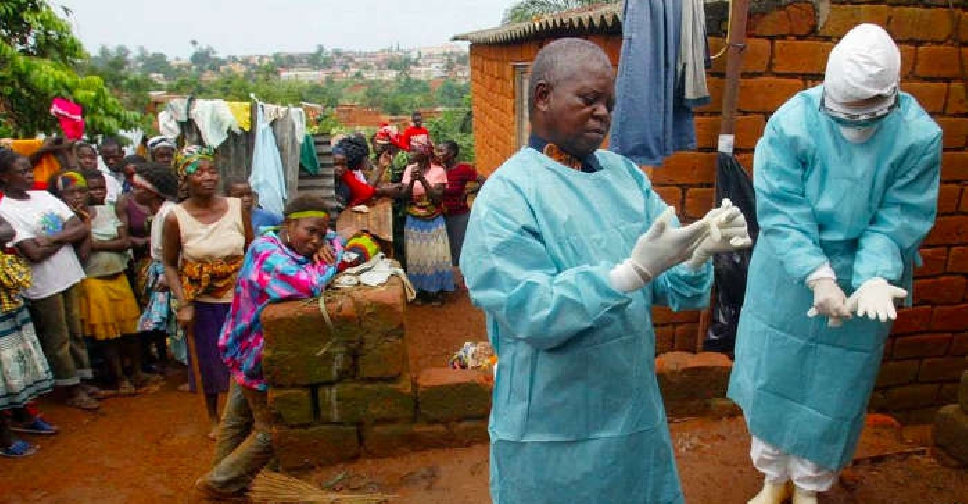
Tanzania has declared the end of its first-ever outbreak of Marburg, a deadly Ebola-like virus with a fatality rate of up to 88 per cent, the World Health Organisation (WHO) said on Friday.
Nine cases, including six deaths, were recorded in the outbreak, which was declared in March in the northwest Kagera region, WHO said.
Marburg's symptoms include fever, headache, fatigue and blood-stained vomit and diarrhoea. It is from the same virus family responsible for Ebola and is passed on to people from fruit bats.
While there are no vaccines or antiviral treatments for Marburg, WHO said timely intervention by its local office along with government efforts helped prevent the disease from spreading.
"Tanzania has been able to end this outbreak and limit the potentially devastating impacts of a highly infectious disease," said Matshidiso Moeti, its director for Africa.
Rapid human development has pushed people deeper into the habitats of bats that transmit Marburg, Ebola and other viruses, amplifying the risk of global pandemics, scientists say.
Over the past two years, Marburg outbreaks have occurred in four African countries where the virus had not previously been detected in humans, including Tanzania and Equatorial Guinea, which has been responding to an outbreak since February.
WHO said the last confirmed case in Tanzania tested negative on April 19. An outbreak is declared as over after a mandatory countdown of 42 days.




 Philippines confirms visit by alleged Bondi gunmen amid terrorism concerns
Philippines confirms visit by alleged Bondi gunmen amid terrorism concerns
 Israeli forces kill Palestinian teen in West Bank, health ministry says
Israeli forces kill Palestinian teen in West Bank, health ministry says
 Trump sues BBC for defamation, seeks up to $10 billion in damages
Trump sues BBC for defamation, seeks up to $10 billion in damages
 FBI foils 'terror plot' targeting Los Angeles
FBI foils 'terror plot' targeting Los Angeles
 Hong Kong court finds tycoon Jimmy Lai guilty in landmark security trial
Hong Kong court finds tycoon Jimmy Lai guilty in landmark security trial




